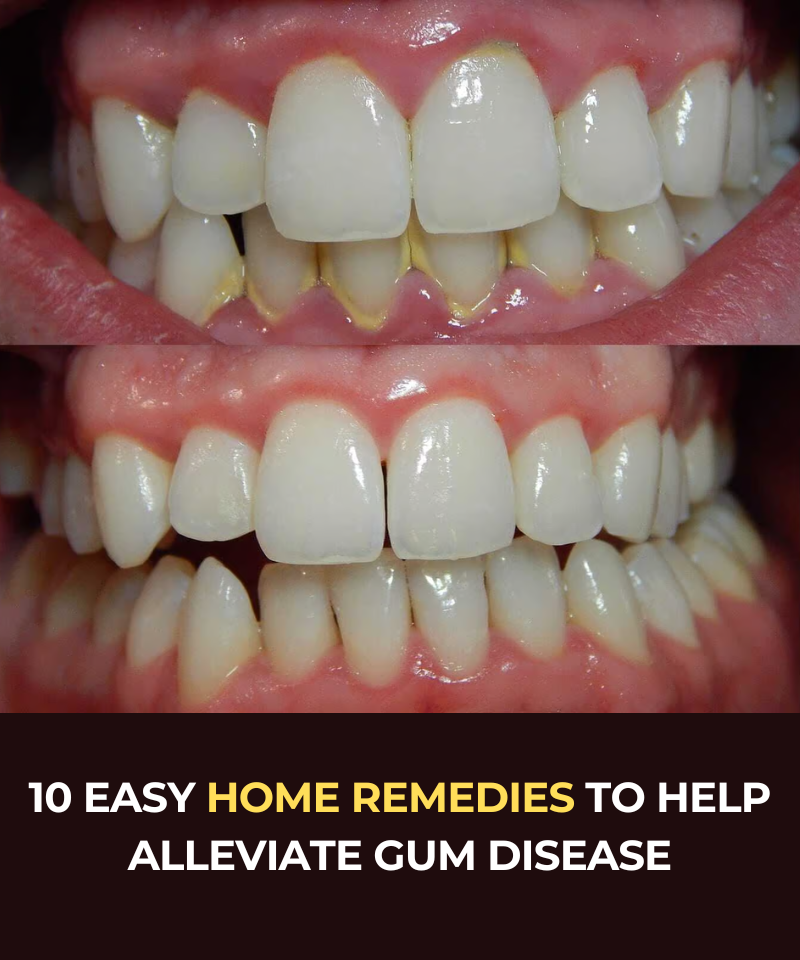Gum disease—also known as periodontal disease—is a common oral condition that impacts the soft tissue and bone supporting your teeth. It is primarily caused by plaque, a bacterial film that forms on teeth when oral hygiene isn’t properly maintained. If plaque isn’t removed through brushing and flossing, it hardens into tartar, which can trigger inflammation and infection of the gums.
Various factors can heighten your risk of developing gum disease, such as tobacco use, hormonal shifts, diabetes, certain medications that decrease saliva flow, and genetic predisposition. In its initial phase, called gingivitis, symptoms often include gums that are tender, red, and bleed easily. If untreated, gingivitis may progress into periodontitis, a more severe form that can lead to tooth loss and even damage to the jawbone.
The Importance of Daily Oral Care
Consistent oral hygiene practices are the cornerstone of both preventing and managing gum disease. Brushing and flossing every day are crucial to keeping plaque at bay and preventing tartar formation. Using antibacterial mouthwash can also help control harmful bacteria in the mouth.
Routine dental visits and professional cleanings allow for early detection and intervention. Additionally, eating a balanced diet full of vitamins and minerals can support the immune system and contribute to healthier gums.
By remaining diligent with these practices, you can significantly reduce your chances of developing gum problems and maintain a healthy smile.
Natural Remedies That May Improve Gum Health
- Saltwater Rinse
A classic and simple home treatment, saltwater rinses are known to ease gum irritation and swelling due to salt’s natural antiseptic properties.
Just mix ½ teaspoon of salt into a cup of warm water and swish it in your mouth for 30 seconds.
Repeat two or three times daily for best results.
This rinse can calm inflamed gums and wash away bacteria. - Hydrogen Peroxide Rinse
Hydrogen peroxide is a powerful disinfectant with antibacterial effects.
Combine equal parts of 3% hydrogen peroxide and water, rinse your mouth for about 30 seconds, then spit it out.
Avoid swallowing the solution.
Used weekly, it can help reduce bacteria, remove plaque, and even brighten your smile. - Coconut Oil Pulling
This ancient Ayurvedic technique involves swishing coconut oil in your mouth for 15–20 minutes.
Its antimicrobial properties can lower bacterial levels and gum inflammation.
Be sure to spit the oil out afterward.
Routine oil pulling may also improve breath and support overall oral health. - Baking Soda Paste
Baking soda helps balance the pH of the mouth and ease gum discomfort.
Create a thick paste using water and baking soda, then apply it to your gums and teeth using a toothbrush.
Rinse thoroughly afterward.
Using this method once a week may assist in plaque control and gum maintenance. - Aloe Vera Gel
Aloe vera is renowned for its soothing and healing abilities.
Apply pure aloe gel directly to inflamed gums, let it sit for several minutes, then rinse your mouth.
Thanks to its antibacterial properties, aloe can help reduce irritation and promote gum healing. - Tea Tree Oil
A natural anti-inflammatory and antiseptic, tea tree oil may help reduce gum swelling and fight off infections.
Add one drop to your toothpaste or dilute with water to use as a mouth rinse—be sure not to swallow it.
Consistent use may aid in easing inflammation and improving gum resilience. - Green Tea
Loaded with antioxidants like catechins, green tea can help minimize gum inflammation and hinder bacterial growth.
Drinking 2–3 cups of green tea daily could promote gum health and protect against oral diseases. - Cranberry Juice
Cranberries contain polyphenols that help stop bacteria from adhering to teeth and gum tissue.
Drinking unsweetened cranberry juice may help reduce plaque buildup and lower the chances of gum disease. - Vitamin C Intake
Vital for strong connective tissues, vitamin C supports gum strength and immune function.
A deficiency may lead to bleeding or inflamed gums.
Eat foods rich in vitamin C—like oranges, strawberries, and bell peppers—or consider a supplement if needed. - Turmeric Paste
Turmeric’s active ingredient, curcumin, offers potent anti-inflammatory and antimicrobial benefits.
Mix turmeric powder with water or coconut oil to create a paste, apply it to your gums, let it sit briefly, and then rinse.
Used regularly, this remedy can reduce irritation and help repair damaged gum tissue.
Final Thoughts
Natural solutions can be a helpful complement to conventional dental care, but they aren’t a substitute for regular brushing, flossing, and professional checkups. If gum symptoms continue or worsen, it’s important to seek advice from a dentist.
By incorporating these holistic practices into your daily routine alongside proper oral hygiene, you can improve gum resilience and reduce the long-term risks associated with gum disease


















